Choice of Gan Kim Yong as DPM a 'surprise', shows emphasis on continuity in new Cabinet line-up: Analysts
In deciding his first Cabinet line-up, incoming Prime Minister Lawrence Wong tapped on a familiar face whom he worked closely with during the COVID-19 pandemic.
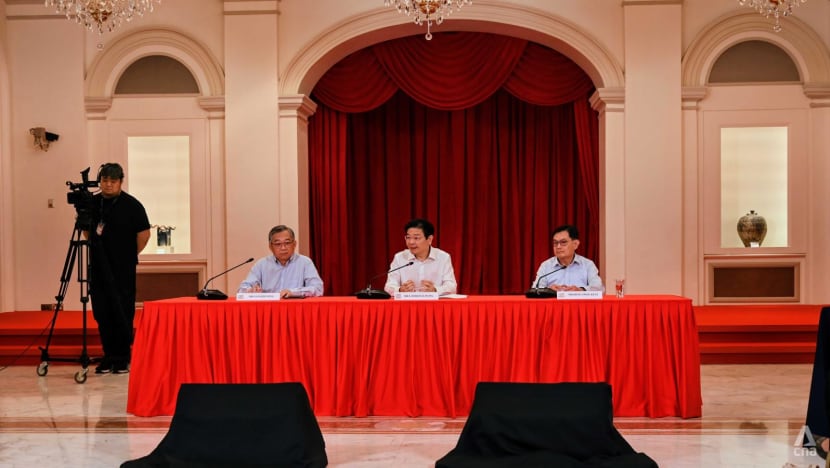

This audio is generated by an AI tool.
SINGAPORE: The choice of Trade and Industry Minister Gan Kim Yong as Deputy Prime Minister was an unexpected decision, said political observers.
“Actually, I was quite surprised by the selection of Mr Gan. I have to admit that this must have been one of the best kept secrets,” said independent political observer Felix Tan, who has written about Singapore’s electoral and political landscape.
He had expected incoming Prime Minister Lawrence Wong to pick one of his peers from the country's fourth-generation leadership for the role.
With his age, appointing Mr Gan Kim Yong is a surprise move, said Assistant Professor Elvin Ong from the National University of Singapore's (NUS) Department of Political Science.
“Given that he is already 65, it suggests that Mr Lawrence Wong is prioritising experience more than fresh blood in the short term,” he said.
On Monday (May 13), Mr Wong announced that Mr Gan, 65, will become Deputy Prime Minister when he takes office, alongside Mr Heng Swee Keat. Mr Gan, who will retain his current portfolio, will also be the Acting Prime Minister in Mr Wong’s absence.
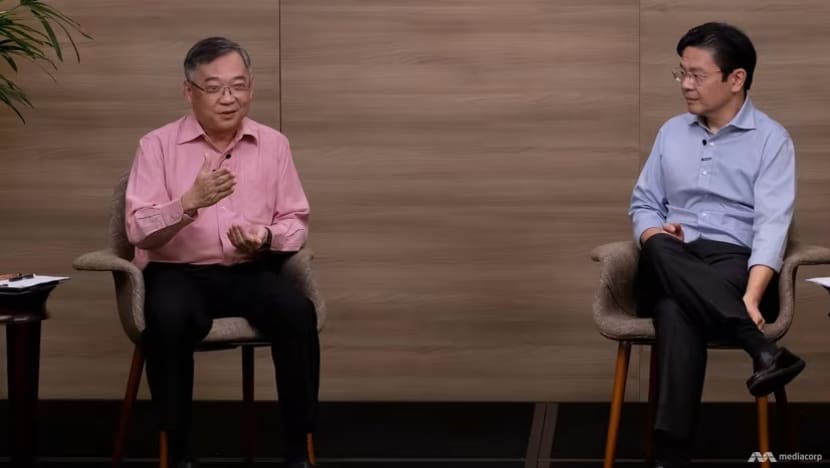
The two have a good working relationship, fostered especially during the COVID-19 pandemic when they worked together closely in the multi-ministry task force (MTF), said analysts.
In announcing his intention to hold frequent press conferences with the media moving forward, Mr Wong is also tapping on another major takeaway from his experience co-chairing the MTF, observers noted.
Mr Gan was chairman of the ruling People's Action Party (PAP) from 2018 until he stepped down in 2022. He is currently not on the party's Central Executive Committee.
Prime Minister Lee Hsien Loong's deputies when he first took office at 52 in 2004 were Dr Tony Tan and Professor S Jayakumar, who were 64 and 65 respectively at the time.
Analysts said that Mr Wong is also going for the safe choice of pursuing Cabinet continuity especially as he keeps one eye on the next general election, which has to be held by November 2025.
PRIORITISING EXPERIENCE AND CONTINUITY
Associate Professor Bilveer Singh, deputy head of the Political Science department at NUS, said Mr Wong’s decision shows a preference for continuity rather than change.
“Political stability and continuity are Lawrence Wong’s key priorities, and he has maintained the bridge between the third and fourth-generation leaders,” said Assoc Prof Singh.
He noted that apart from Mr Gan, other key third-generation leaders such as outgoing Prime Minister Lee Hsien Loong, Senior Minister and Coordinating Minister for National Security Teo Chee Hean and Law and Home Affairs Minister K Shanmugam, still remain in Cabinet.
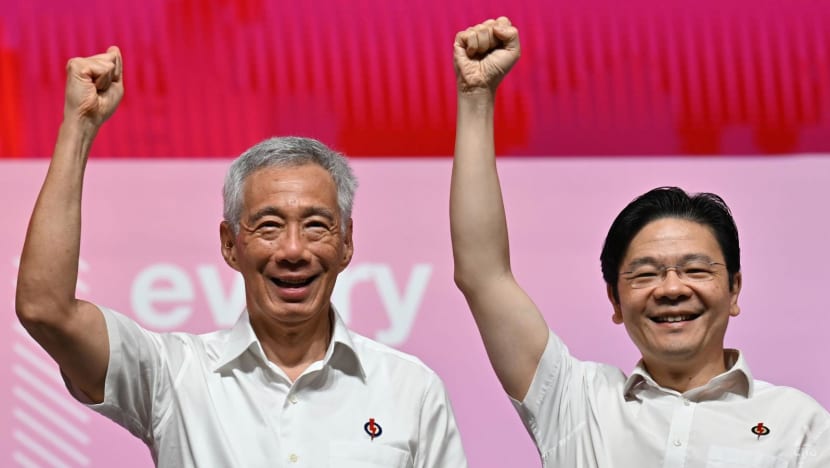
There has also been no real change in the key portfolios, including the Ministry of Foreign Affairs under Dr Vivian Balakrishnan, which is more important now amid geopolitical headwinds, said Assoc Prof Singh.
The absence of major changes in the Cabinet implies that Mr Wong is “opting for a safe choice” and choosing not to distract and upend certain portfolios, said Dr Tan.
“There’s really no necessity to do so at this juncture, especially if one were to expect an impending GE soon,” he added.
Asst Prof Ong noted that the changes suggest little appetite to take any substantial risks with major Cabinet movements, ahead of the upcoming electoral contest.
“However, the promotion of certain individuals could also be a signal for bigger portfolios for them in due time, which would certainly bode well for leadership renewal,” said Dr Tan.
Incoming Prime Minister Wong announced on Monday that Bukit Batok MP Murali Pillai will be appointed Minister of State, while Jurong GRC MP Shawn Huang will be Senior Parliamentary Secretary.
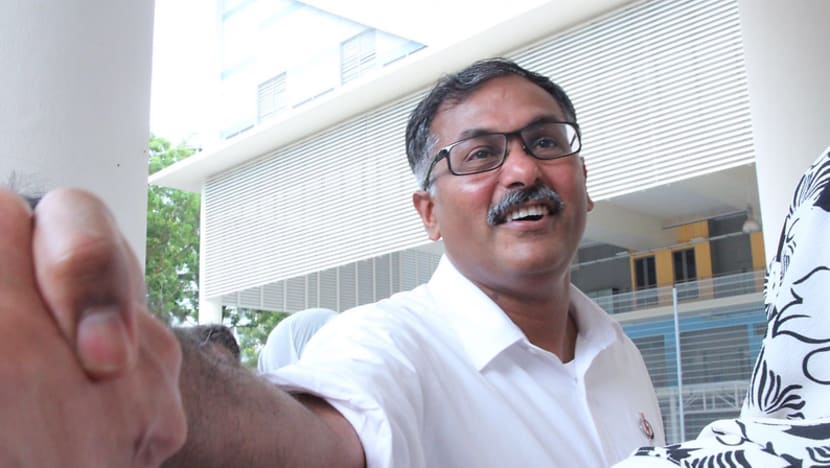
With the addition of two backbenchers into Cabinet but no one stepping down, Asst Prof Ong said further changes should be expected after the next GE, with more senior ministers potentially leaving the team.
“All eyes will be on the new candidates that the PAP puts up for the upcoming elections and which MPs drop out,” said Asst Prof Ong.
“Perhaps Mr Wong is waiting for a clear decisive signal from the electorate in the upcoming elections first, before deciding on any major changes.”
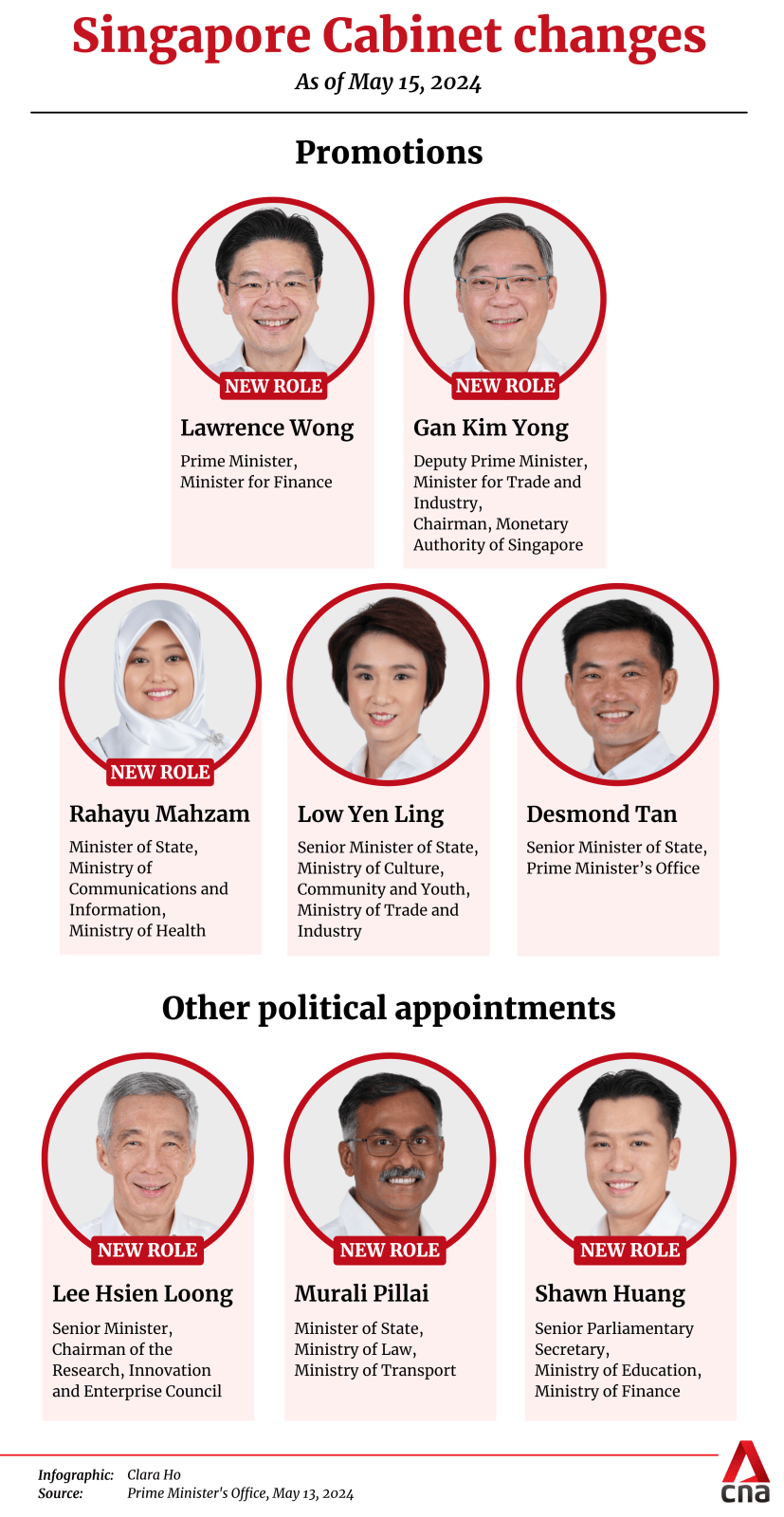
PULLING THE PURSE STRINGS
Dr Tan said Mr Wong’s decision to hold onto the finance portfolio is not surprising as there has already been a precedent set.
Mr Wong on Monday announced that he will remain as Finance Minister even after he becomes Prime Minister on May 15.
His predecessor Lee Hsien Loong had held onto the ministry too after taking office as Prime Minister back in 2004, until 2007.
Dr Tan expects Mr Wong to hold onto the portfolio either until after the next general election, or after next year’s Budget.
“This would signify that the incoming PM would have a large say in – and a control over – the purse strings of Singapore. In addition, this would also mean that he would have full control over the financial policies that will be implemented in due time,” said Dr Tan.
Asst Prof Ong said Mr Wong’s decision to hold onto the finance portfolio suggests he intends to maintain overall control over government spending priorities and agenda in the short term.
The portfolio is critical at home and abroad, especially in times of challenging economic pressures, noted Assoc Prof Singh.
“It also gives you the ability to use national wealth to address short-term domestic needs,” he said.
TRIED AND TESTED
On Monday, Mr Wong also said he intends to have more press conferences moving forward, to engage with the media and through them, the wider public at large.
It was something he found purposeful and useful during the COVID-19 pandemic, when he co-chaired the MTF.
Dr Tan said that Mr Wong is tapping a tried-and-tested communications structure that worked well during his handling of the pandemic.
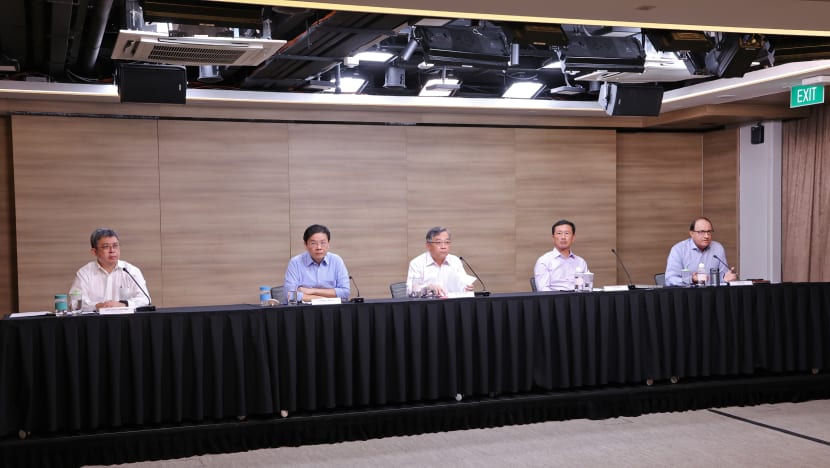
“Given how successful these press conferences had been during the COVID-19 MTF, especially in disseminating information, it might be useful for the government to continue with such a format,” he said.
Politics and communications professor Terence Lee from the Sheridan Institute of Higher Education in Perth, said: “My sense is that he is seeking to control the presentation of his government's narrative as much as possible, as opposed to just controlling the narrative, and he would be more visible in the media.”
This includes, for instance, featuring more in news broadcasts which can screen footage of his soundbites or speeches more frequently, hence enhancing his visibility, said Prof Lee.
However, Prof Lee noted that while this could give Mr Wong “a high-degree of comfort” as he starts his tenure, the frequent press conferences would be a distraction in the longer term.
Assoc Prof Singh said that as Mr Wong takes office, he will be looking to project himself as the leader of the country, tapping the mediums he is most familiar with.
“This is the best way and which he is comfortable with. However, whether it works remains to be seen, as the Gen Z and millennials have their own views and conclusions,” he noted.
Mr Wong has previously stressed the need for the ruling People's Action Party to improve how it communicates and highlights differences between its policies and those of the opposition’s.
At the party’s convention last year, Mr Wong, who is the party's deputy secretary-general, said the party must not just rely on government communications, and also noted that policies do not happen in a vacuum and are driven by politics.














